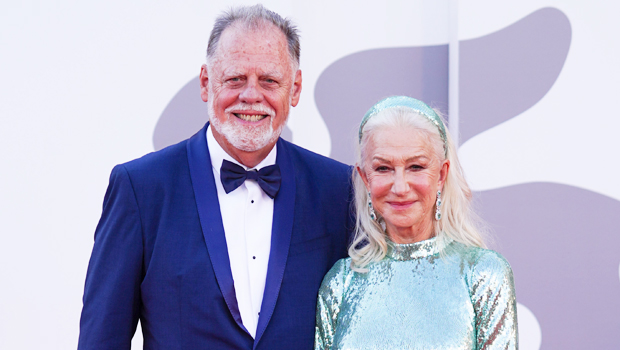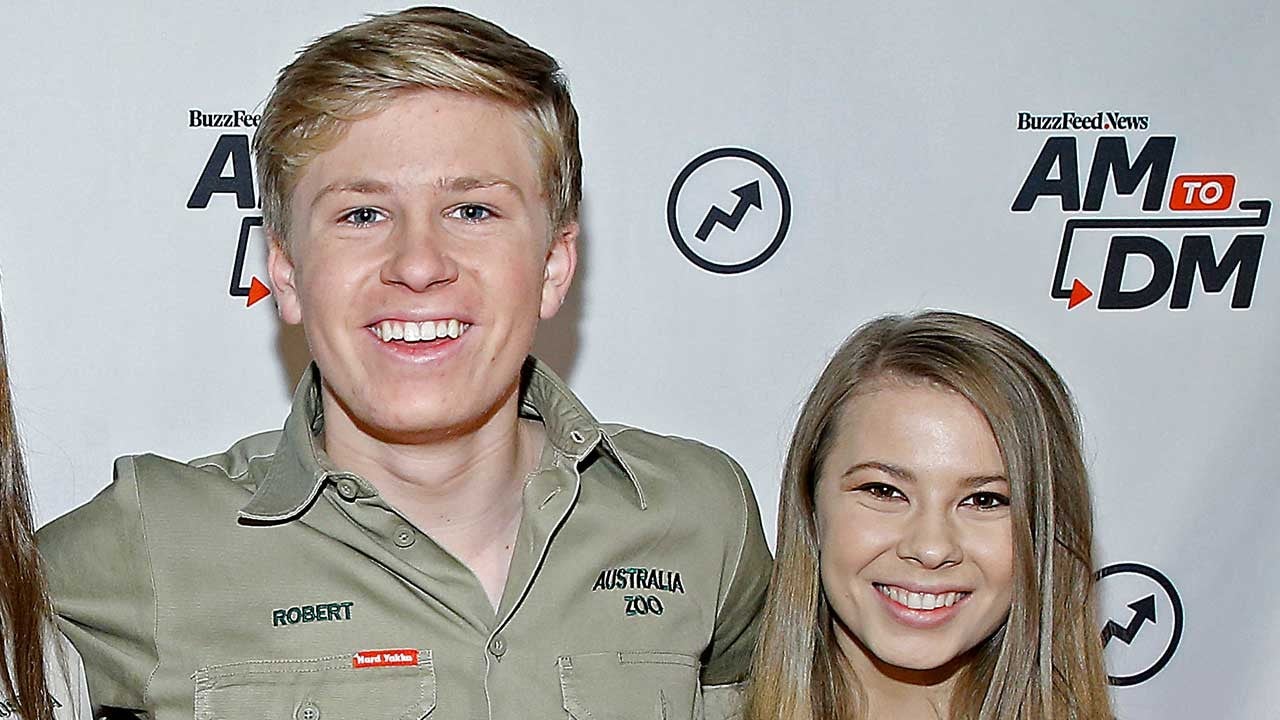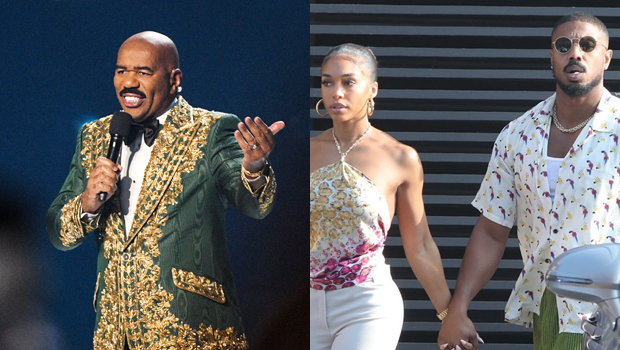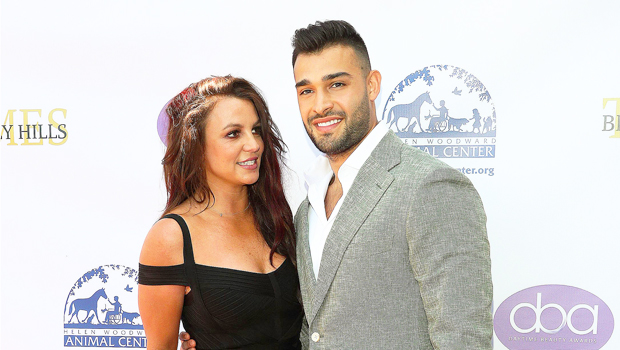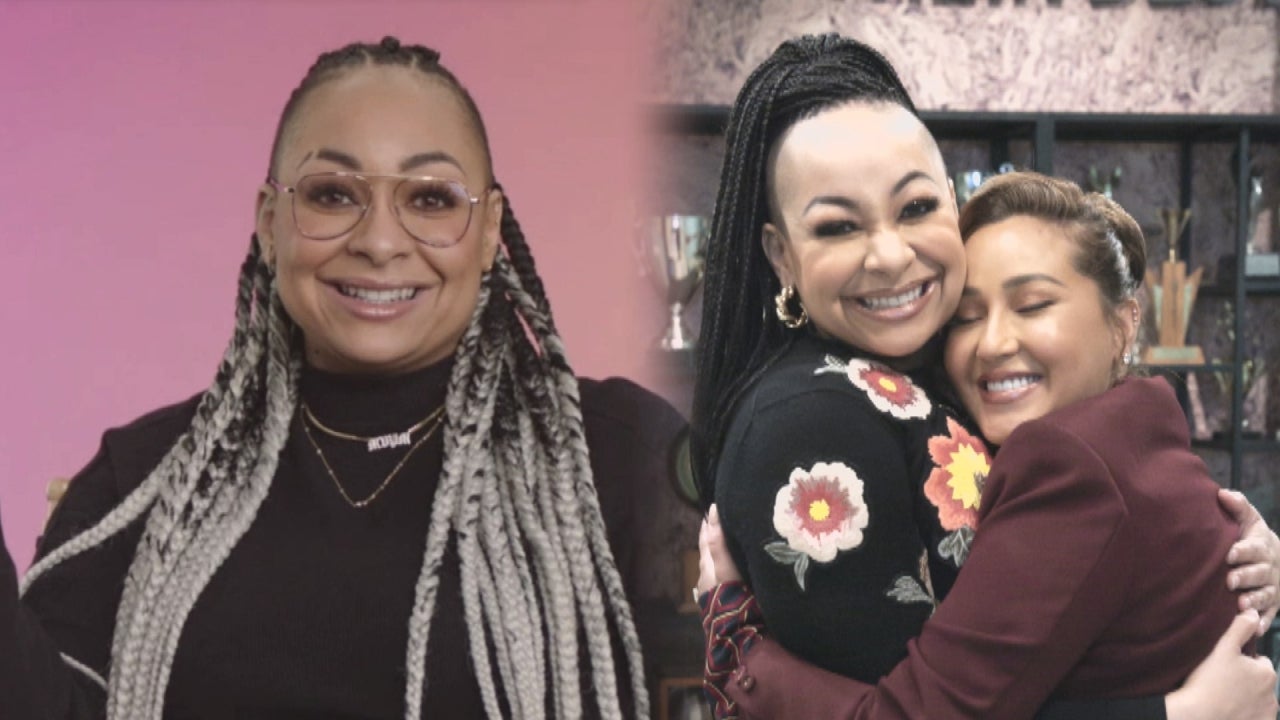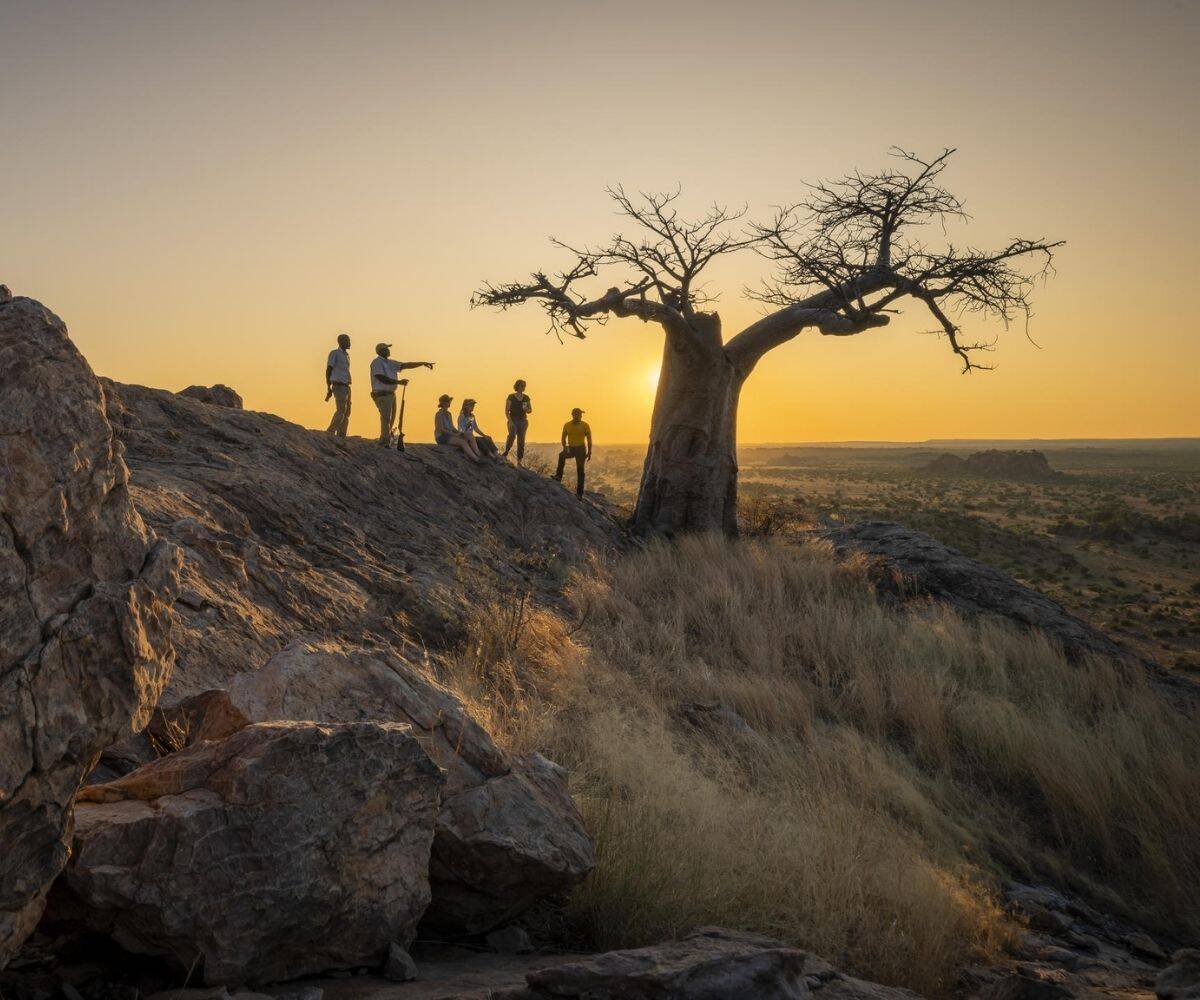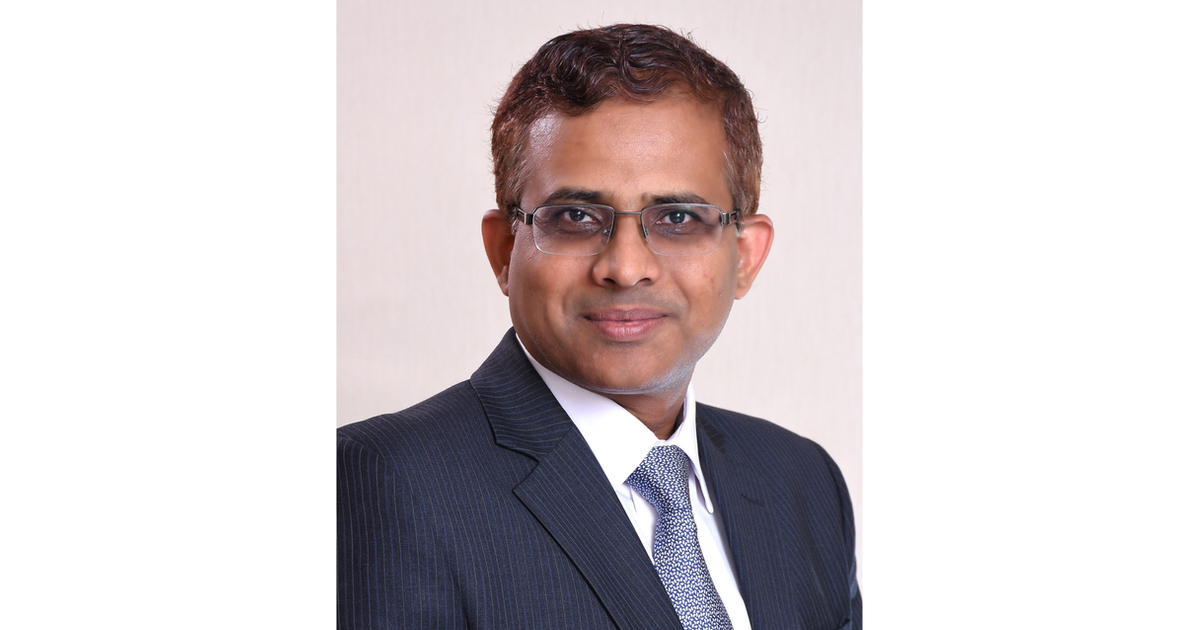Sundance 2023 Women Directors: Meet Michèle Stephenson – “Going To Mars: The Nikki Giovanni Project”
Michèle Stephenson is a filmmaker, artist, and author who pulls from her Haitian and Panamanian roots to think radically about storytelling and disrupt the imaginary in non-fiction spaces. She tells emotionally-driven personal stories of resistance and identity that center...

Michèle Stephenson is a filmmaker, artist, and author who pulls from her Haitian and Panamanian roots to think radically about storytelling and disrupt the imaginary in non-fiction spaces. She tells emotionally-driven personal stories of resistance and identity that center the lived experiences of communities of color in the Americas and the Black diaspora. Grounded in a Black Atlantic lens, Stephenson tells stories that intentionally reimagine and provoke thought about how we engage with and dismantle the internalized impact of systemic oppression. Her feature documentary “American Promise” was nominated for three Emmys and won the Jury Prize at Sundance. Her work “Stateless” was nominated for a Canadian Academy Award for Best Feature Documentary. Most recently, Stephenson collaborated as co-director on “The Changing Same,” a magical realist virtual reality trilogy series on racial terror that was nominated for an Emmy in the Outstanding Interactive Media Innovative category and premiered at Sundance Film Festival. It also won the Grand Jury Prize for Best Immersive Narrative at the Tribeca Film Festival. Along with her writing partners, Joe Brewster and Hilary Beard, Stephenson won an NAACP Image Award for Excellence in a Literary Work for their book “Promises Kept.”
“Going To Mars: The Nikki Giovanni Project” is screening at the 2023 Sundance Film Festival, which runs from January 19-29.
W&H: Describe the film for us in your own words.
MS: “The trip to Mars can only be understood through Black Americans.” Legendary poet Nikki Giovanni’s revelation is a launching pad to an inspiring exploration of her life and legacy. Through a collision of memories, moments in American history, live readings of her poetry, and impressions of space, Giovanni urges us to imagine a future where Black women lead and equity is a reality.
The film takes us on a journey that centers Black liberation and the radical imagination.
W&H: What drew you to this story?
MS: My partner and I spent months searching for a personality whose body of work we would relish sinking our teeth into. At first we searched in the music world, but then, because of our love for the written word, we also decided to explore other forms of expression. We came across Nikki Giovanni and her work, who was not a major part of my Afro-Caribbean orbit — although I had studied and read her work in college at a critical moment in my life. She, Angela Davis, and Ntozake Shange helped shape my world-view as a 20-year-old.
In my discussions with my partner, who grew up listening to Nikki’s work on Black radio, and as we revisited her work in our early research, we together felt an amazing array of emotions the deeper we dove in. We also continuously witnessed to the deep love and affection people from all walks of life and age groups expressed for her every time I mentioned Nikki’s name. Everyone we spoke with had a personal Nikki Giovanni story that either spoke directly to her poetry or to meeting her in person. There was something obviously special and fresh that had not been captured by the mainstream press — especially not in the press where I grew up.
Nikki was raw, funny, spoke truth to power, and most importantly, Nikki’s Black feminist perspective on life felt transformative for me. Being able to dive into her work has been a gift that has further transformed how I feel about myself and the world around me.
W&H: What do you want people to think about after they watch the film?
MS: These questions about audience and reactions of people watching the film are always tricky and I like to push back on that. I can really only speak for myself as an artist and storyteller with a deep passion to express what I feel and how I see the world in the hopes that sharing the work resonates across various communities.
I am my first audience. From that launching point, I can be confident others will connect because I am trying to be true to my lived experience and desires – that’s what storytelling is all about. I’ve learned enough from my previous films to know that our films work more like Rorschach tests. People bring their own baggage to how they interpret the stories and art that is before them – and that’s a beautiful thing. That’s what art is all about.
Myself as an audience, I feel deeply empowered by the film and how it portrays the strength and wisdom of Black women. I feel the power to go forward and dream and work towards my own liberation through my work.
W&H: What was the biggest challenge in making the film?
MS: There were many unforeseen obstacles in the making of “Going To Mars,” too many to recount. However, the most pressing and disturbing obstacle we encountered was the need for more available and affordable editors.
We responded with a very effective strategy that may change our work in the future. We collaborated with multiple editors in Canada and the USA who possess specific creative skill sets that worked together synergistically. They all seemed to relish the interactivity and cooperative nature of the edit. Ultimately, we all benefited from this type of exchange. It was a transformative collaborative experience.
W&H: How did you get your film funded? Share some insights into how you got the film made.
MS: This independent documentary project was exclusively supported by grants and foundation support until six months ago. Over the years we tried studios and public television but were repeatedly rejected or offered funding that was subpar. We developed an amazing array of assets — prospectus, trailer, and a scene reel — which was quite effective for our fundraising with foundations, who have been unconditional supporters of our vision. We are grateful to them beyond compare.
After two years of pitching, we raised the initial money from Ford Foundation, Cinereach, Catapult, NYSCA, the Denver Film Society, and Fork Films. After seven years of raising funds, cobbling together close to 80 percent of our budget and pitching to private and public entities while shooting and editing, we met our partner investor in June 2022, Tommy Oliver of Confluential Films. He is a huge fan of Nikki Giovanni, and was so inspired by what he saw in our rough cut that he offered to close our funding gap. We met him at a Sundance Catalyst event in New York City. We had been part of the Catalyst family since 2017. That support ultimately bore amazing fruit for five years later. Tommy is a visionary and a sublime partner. We couldn’t ask for a better collaborator. It was worth the seven year wait.
W&H: What inspired you to become a filmmaker?
MS: I started making film with my partner and father of my two children, after a number of years of working in the social justice space as a lawyer and activist. I often speak to the political side of filmmaking; the ability to unearth truth and expose the personal impact of oppression and how that process can be transformative. But lately, I have come to realize my inspiration primarily stems from the love of the craft as well as my love of the community of filmmakers I have developed over the years.
I love storytelling and solving the problems of constructing narrative in film and now realize that this skillset is an essential aspect of the development of a healthy community. Storytelling can heal us.
W&H: What advice do you have for other women or nonbinary directors?
MS: Build community. The overwhelming majority of young women and nonbinary filmmakers starting today may not be in the field in another five – ten years. It’s a marathon, not a sprint in terms of building a body of work, or even your first independent film.
“Going To Mars” came to fruition after seven years of production alongside raising funds. Those who remain in the fields will have found lifelong friends and lovers, community and mentors and experiences that will sustain and nurture them.
My advice would be to commit to learning the craft and developing the support systems that are needed for the long haul.
W&H: Name your favorite woman-directed film and why.
MS: Actually, I draw my inspiration from so many sources outside of film. I hate to pinpoint one single thing. It’s too limiting. All forms of artistic expression feed my creative, intellectual, and political thirst that all intersect to inspire my filmmaking. Speculative fiction writer Octavia Butler and her work with “Parable of the Sower,” to name just one of her books that have changed me. Back in 2015 I went back to her work, and it served as a North Star that allowed me to feel fearless about undertaking our afrofuturist lens on Nikki Giovanni’s work for our film, “Going To Mars.”
Edwidge Danticat and “The Farming of Bones,” that book was a guidepost for my last feature, “Stateless,” as I struggled with developing a magical realist voice and engaged with my own Haitian roots and the legacy of violence on our island.
I am also in complete awe at the layered work of visual artist Julie Mehretu and how she engages with time and space – a true source of inspiration for collapsing time in our work on”Going To Mars.”
Mayra Santos Febres and Saidiya Hartman feed my soul as the fierceness of their writings push me to challenge how I engage with the legacy of the past in my work — both personal and political.
This is all to say that I cannot really pinpoint a favorite anything when it comes to artistic inspiration to create work. It comes from everywhere and anywhere, and of course Black and Brown women artists are at the center of that source of inspiration.
W&H: What, if any, responsibilities do you think storytellers have to confront the tumult in the world, from the pandemic to the loss of abortion rights and systemic violence?
MS: I can only speak for myself. I can only hope that other storytellers devote their energies to the issues that are important to them personally, whether it be saving the universe or cooking. We will all benefit from their stories.
W&H: The film industry has a long history of underrepresenting people of color onscreen and behind the scenes and reinforcing — and creating — negative stereotypes. What actions do you think need to be taken to make Hollywood and/or the doc world more inclusive?
MS: For my non-BIPOC community members I would suggest that you broaden your community and challenge your assumptions and actions on a daily basis. For the rest of us, we will continue to do the same: tell stories about the people and places we love.

 BigThink
BigThink 







